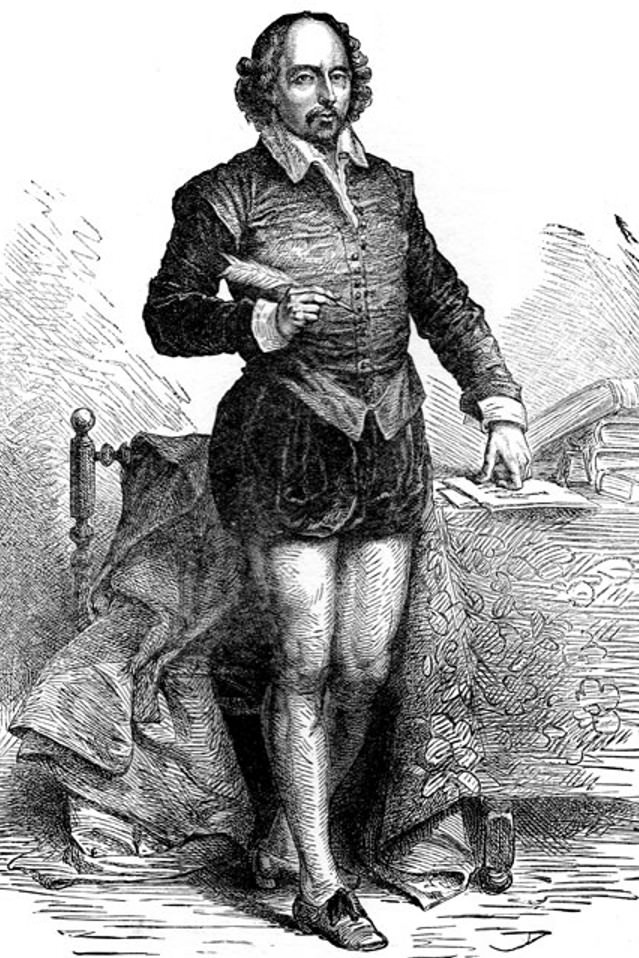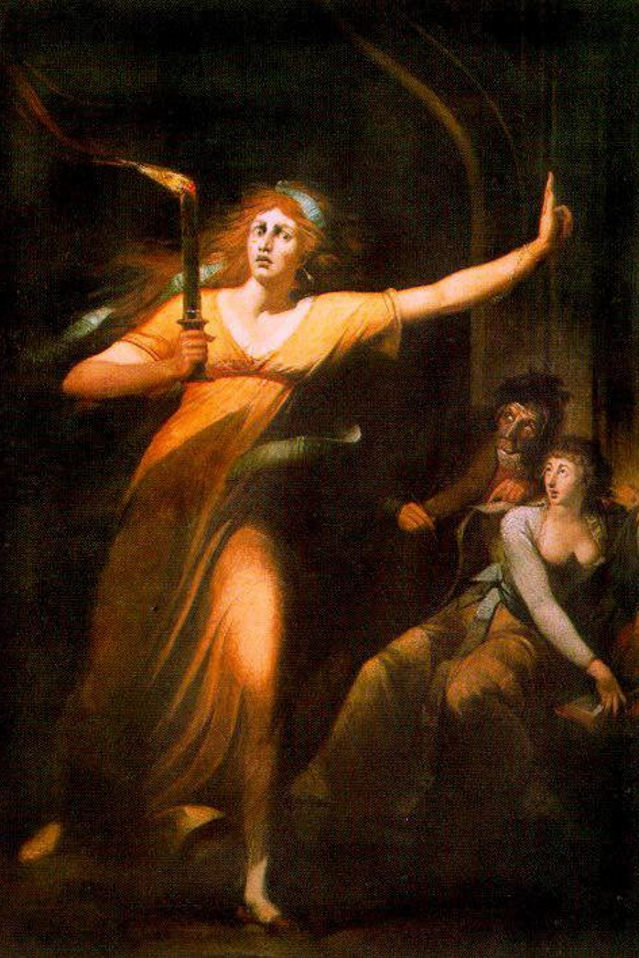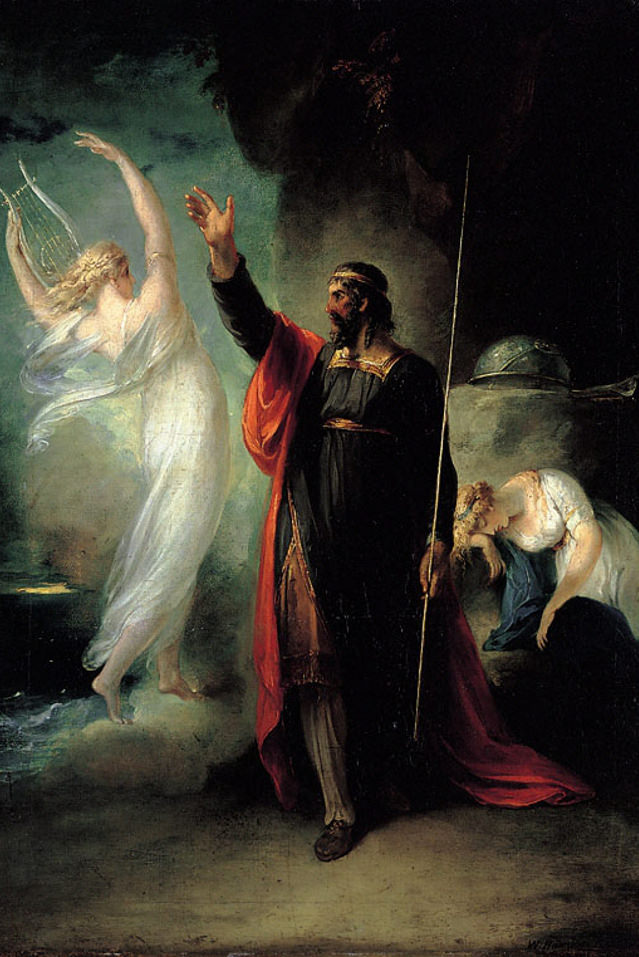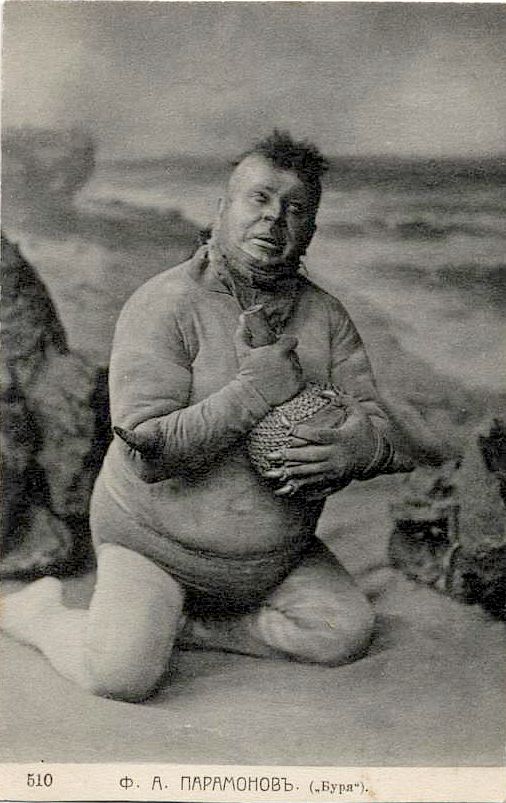One of the cool things about switching to RedBubble as the source for my Shakespeare Geek Merchandise – beyond the fact that face masks have far and away become my best seller and Amazon still doesn’t offer them – is that RedBubble tells me where my products are going, not just what I’ve sold. I always knew it did that, I just never really stopped and paid attention to it until last night. And it’s so cool.

I’ve said before that “the dream” is to bump into someone on the street wearing Shakespeare merchandise that I designed. I’m a big fan of the small universe philosophy, and that we are all potentially connected in a myriad of ways we simply haven’t discovered yet.
But one look at my sales report was a reminder of just how important that philosophy is. It’s a big big world and I’m just a small piece of it, so every connection is a big deal. You’ll see what I mean in a second.
So let’s get to the statistics! I was trying to figure out how to do this without giving away all my good insider secrets about my sales numbers, and I figured that percentages were the way to go.
77% of my sales come from inside the US. That makes total sense. Most from California, which also makes sense given the size and population of that state, but Virginia was a pleasant surprise in the top 3. Lot of Shakespeare lovers in Virginia!
About 13% from the UK. Again, totally makes sense. Where else are you going to find a strong concentration of Shakespeare Geeks but in the land of the man himself?
Little under 5% from Canada. Thanks, Canada! I’m going to bank on this one being related to them simply seeing the RedBubble site come up more often in their Google results :). I am totally ok with that.
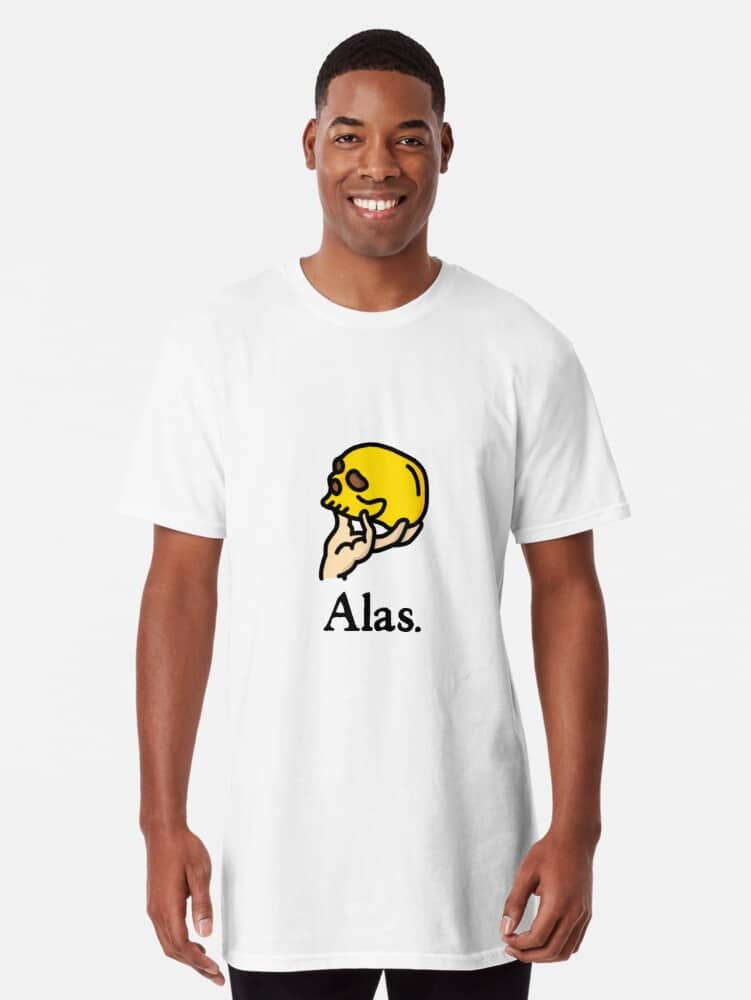
Here’s where it gets interesting! Ready? The remaining countries that are now the proud home to Shakespeare Geek merchandise are, in no particular order…
Germany! Australia! Greece! Finland! Thailand! Spain! Austria!
And New freaking Zealand!
HOW COOL IS THAT!
I’m in the United States. New England to be more specific. Get a globe. Put your finger on New England. Now spin it all most all the way around, wave at Australia, keep going…New Zealand! Somebody in New Zealand is wearing one of my t-shirts! Just think, I could find myself in New Zealand one day, turn my head and be staring at a fellow Shakespeare Geek. All the world’s a stage, indeed.
That’s it, that’s the post. Sorry for the giddiness, I’m just all excited at the realization of just how far around the world my ideas have gone. If you are reading and are from one of those countries, do check in and say hello! Or Hola or Guten Morgen or G’Day or whatever else it is you might say where you come from!

